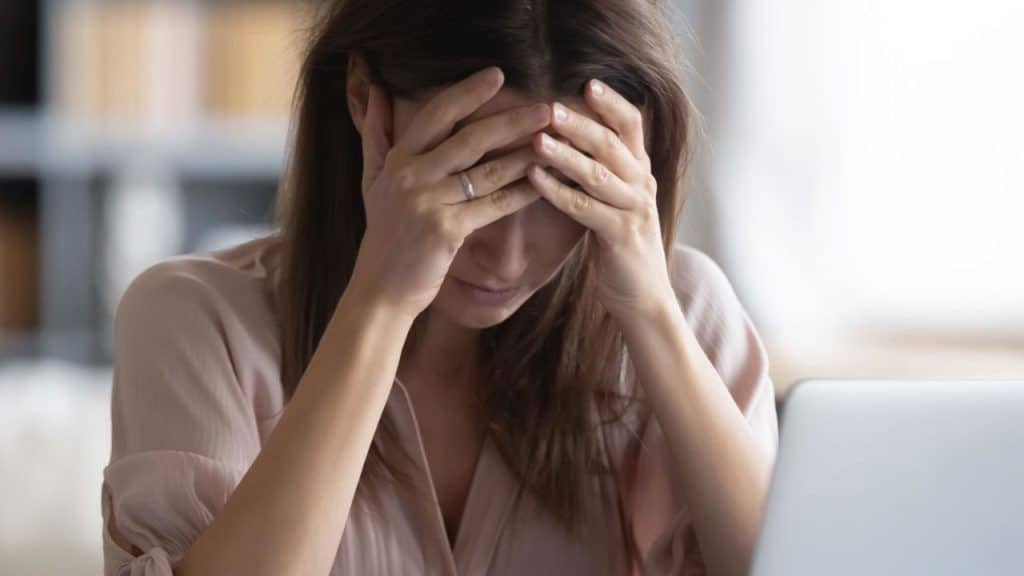Stress is an unavoidable part of life. Sometimes, you’re going to encounter things that you can’t control and that make your life harder. Other causes of stress are things that you may be able to mitigate. But what if you are the source of your stress?
That’s the question posed by one recent study (https://longevity.technology/lifestyle/are-you-causing-your-stress-a-study-suggests-you-might-be/). Psychologists were looking into what are known as dependent stressful life events. These are the stressors that aren’t caused by outside forces (if an earthquake strikes, you don’t have much chance of stopping it), but your own actions (you know you have a deadline coming up but you’re still procrastinating).
There’s an association between dependent stressful life events and depression. This new research also showed how they might link to anxiety. People with stress anxiety disorder appeared to experience more dependent stressful life events. They were also more likely to blame themselves for the dependent stressful events occurring. Another distinctive trait among people with stress anxiety disorder was that they considered dependent and independent stressful life events equally hard to face.
We know that social anxiety can cause or exacerbate stress. The idea of asking for help is too terrifying, so you struggle alone with something that another person may easily have fixed. You can end up isolating yourself from friends and family, with loneliness, frustration and lack of support all making you feel worse.
It’s important to identify what triggers stress because it can cause so many health problems when unchecked. People who are stressed don’t live as long. They have poorer cardiovascular health, they don’t eat right or sleep enough, they’re at greater risk of developing diabetes, and they may experience issues with their skin or their menstrual cycle. That’s on top of the increased risk of depression, anxiety and other mental health problems.
Luckily, if our own choices and actions can influence whether we become stressed, that means we can also take steps to try to control it. That means finding people you can talk to and who will be supportive (whether that’s family and friends or a professional), establishing habits and hobbies that you enjoy, and making an active effort to identify the cause of your stress and interrogating your own responses. Break it all down, be honest with yourself, live healthily where possible, and try to find time to relax.




